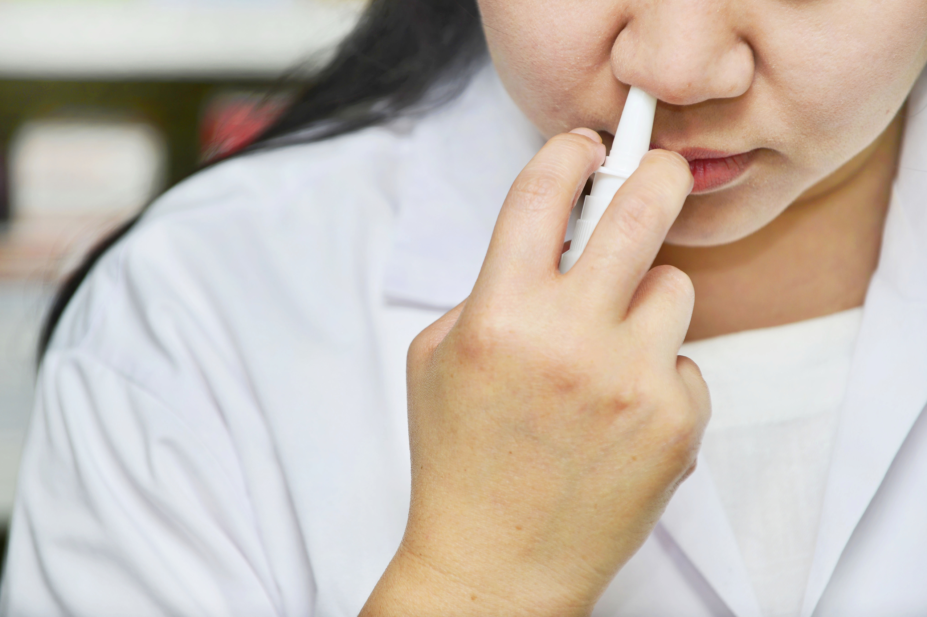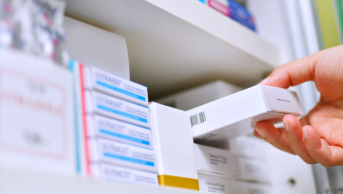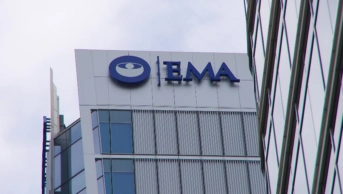
Shutterstock.com
A European Medicines Agency (EMA) committee has recommended the first non-injectable treatment for severe hypoglycaemia.
The treatment, which comes in a single-use dispenser, can be administered through the nose to patients aged four years and older who have diabetes. Patients do not need to inhale or breathe deeply after dosing, which means that the drug can be administered to unconscious patients.
The Committee for Medicinal Products for Human Use’s (CHMP’s) decision to recommend granting a marketing authorisation in the EU for glucagon (Baqsimi; Eli Lilly) was based on two studies of 83 and 70 adults, respectively, with diabetes and insulin-induced hypoglycaemia. The drug was found to increase blood sugar levels within 30 minutes of administration and was as efficient and safe as injected glucagon.
The most common adverse reactions, such as headache, nausea and vomiting, were similar to injectable glucagon, with the addition of nasal and ocular symptoms owing to the method of administration.
The CHMP’s opinion, granted at its October 2019 meeting, will now be sent to the European Commission for the adoption of a decision on an EU-wide marketing authorisation.
At its meeting, CHMP recommended seven medicines for approval. This included a recommendation to grant a conditional marketing authorisation for the first vaccine for adults at risk of infection with the ebola virus.
The ebola Zaire vaccine (Ervebo; Merck Sharp & Dohme) was supported through the EMA’s priority medicines scheme and reviewed under its accelerated assessment programme.
Other positive recommendations were for upadacitinib (Rinvoq; AbbVie) for the treatment of rheumatoid arthritis, and esketamine (Spravato, Janssen-Cilag International) for combination treatment in adults with treatment-resistant major depressive disorder.

